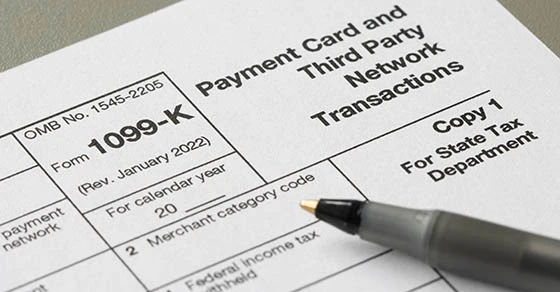The IRS typically has three years from the earlier of the time your tax return was filed or its due date to examine the return and determine the amount of tax owed.
If you agree to an extension, the IRS may have longer than the standard three years to assess tax on an underpayment. In a recent instance, Evert TC Memo 2022-48, 5/29/22, a taxpayer gave his or her consent to an extension but later tried to withdraw it. The IRS appeal officer’s word against the taxpayer ultimately determined the outcome.
First, let’s go over the fundamentals. The IRS typically has three years from the earlier of the time your tax return was filed or its due date to examine the return and determine the amount of tax owed. When the IRS certifies that there is an unpaid amount, an assessment is issued.
However, if there is a significant omission of more than 25% of gross income on the return, the typical three-year period is increased to six years. Additionally, if fraud is present, there is absolutely no statute of limitations. This happens when a taxpayer—
- A false or fraudulent return was filed
- a deliberate attempt was made to evade taxes
- or no return was filed at all
Generally, there is a ten-year statute of limitations for tax collection, but in some cases, this time frame may be extended.
The taxpayer, a registered nurse who resided in New York, was contesting the findings of an IRS audit of her tax returns for the years 2015 and 2016. The IRS requested that the taxpayer complete and sign Form 872, Consent to Extend the Time to Assess Tax, in order to give more time to resolve the issue. The form and a justification were mailed to the taxpayer, claims the IRS appeals officer in the relevant case.
After the case was scheduled for the Tax Court, the taxpayer had a change of heart after signing and returning the consent form. She then asserted that the document was invalid because she was coerced into signing it.
The taxpayer claimed specifically that the appeals officer had advised her to sign the consent form because doing so would be in her best interests. She could then provide any additional documentation needed. Any appeal would almost certainly fail without the documentation.
Additionally, the taxpayer claimed that the IRS had neglected to mail the notice of deficiency before the time limit for assessing taxes for the tax year had passed.
The IRS appeals officer, who had a long and successful career there, claimed in court testimony that no such conversation ever occurred. According to him, the taxpayer received the explanation simply by mail following established protocol. Therefore, the Tax Court had to determine whether the taxpayer or the IRS appeals officer was a more credible witness. It decided in favor of the appeals officer. As a result, the Court determined that no duress was used to file the consent.
The lesson of the story is that you are unlikely to prevail in a “he said, she said” debate with a trustworthy IRS official. If you go to Tax Court, make sure you’re on solid ground.
The tax laws are very complex. Our short blog articles cannot cover in full all the nuances of the rules. Your specific facts may hold various opportunities and possible risks that only trained, experienced, and highly qualified tax specialists can spot. We encourage you to find such help, rather than trying to figure it all out on your own. Consider giving this marketplace a try by posting your project and signing up here.
If you are a licensed tax professional and are interested in helping others either part or full-time, or ad hoc, come on in! Happy to have you. Our marketplace has the full suite of tools to communicate with clients including compliance calendars, task and message management, and billing. You can also quickly connect to knowledgeable colleagues who can complement your services with the ones you do not provide. Register here.









1 Comment
The Tax Court Rules Case of "He Said, She ...
[…] The IRS typically has three years from the earlier of the time your tax return was filed or its due date to examine the return and determine the amount of tax owed. If you agree to an extension, th […]